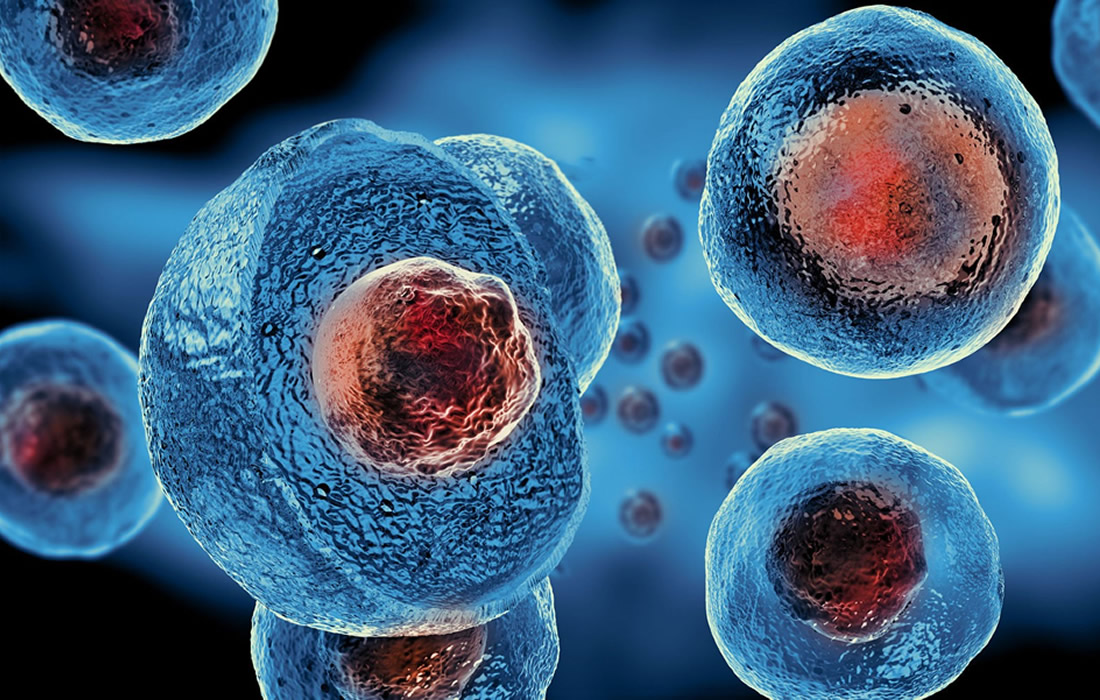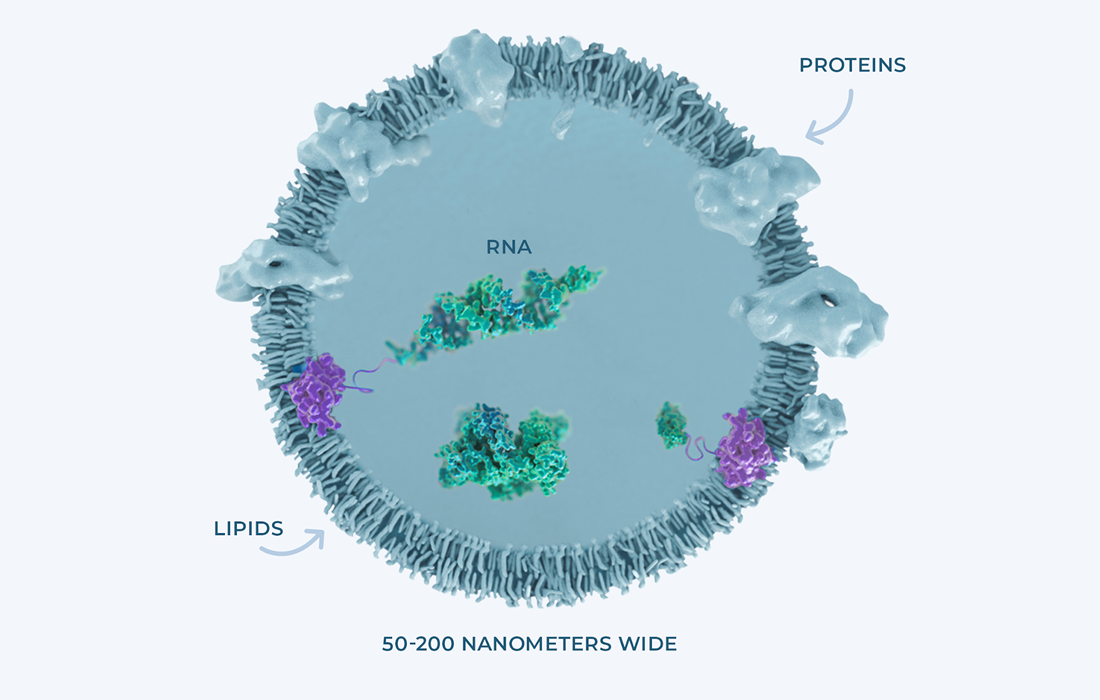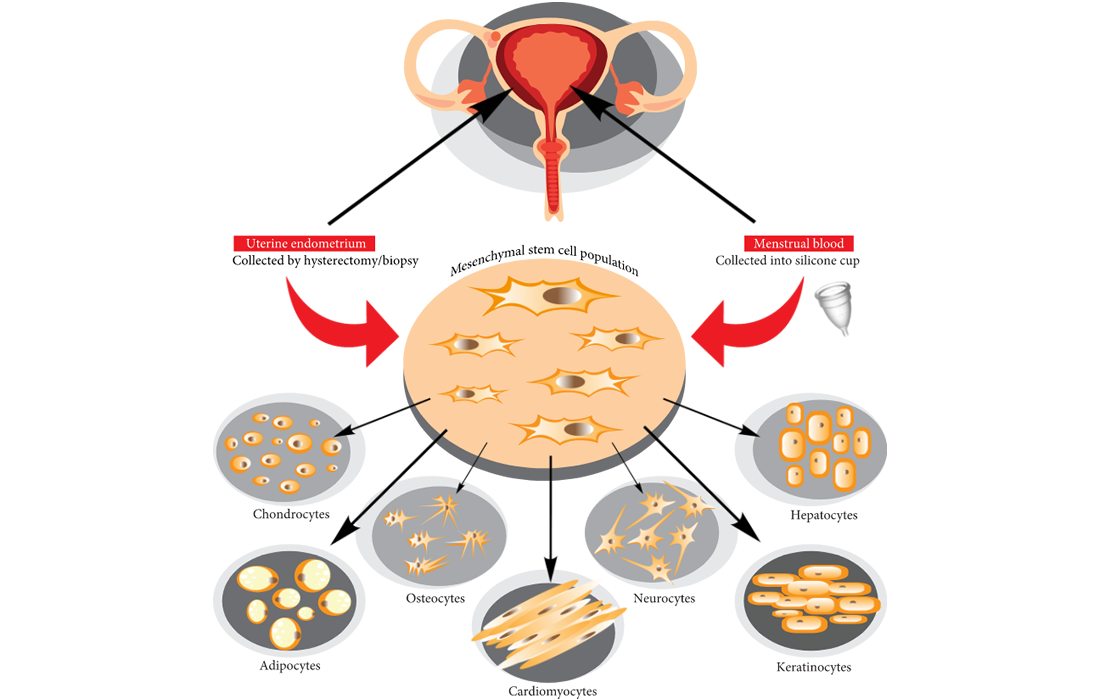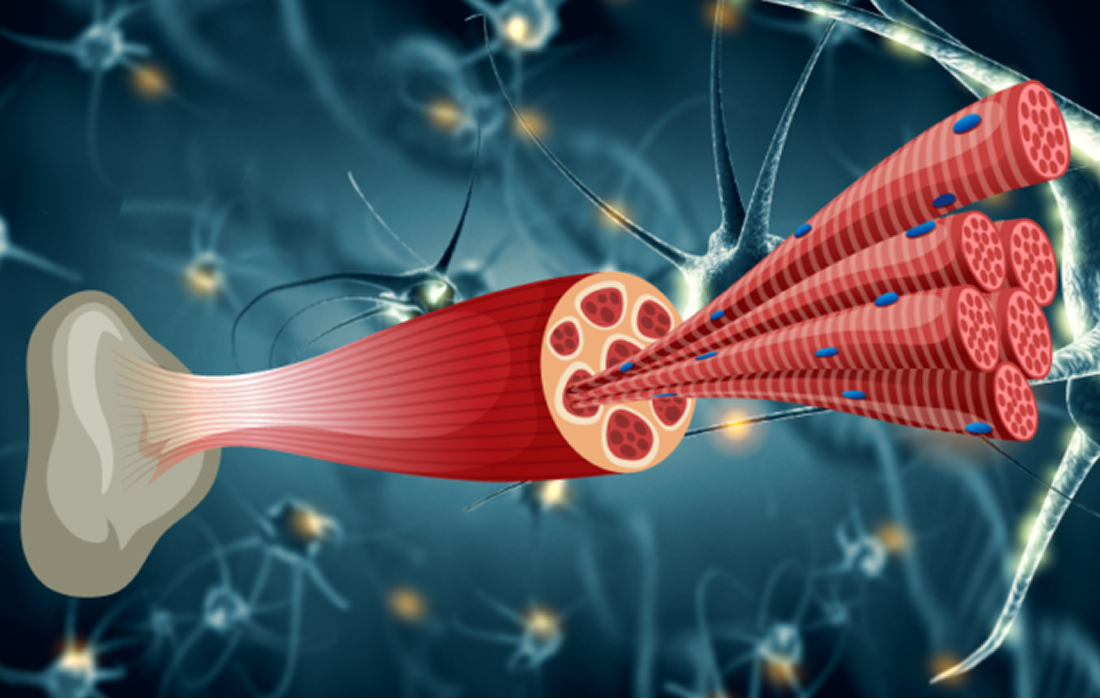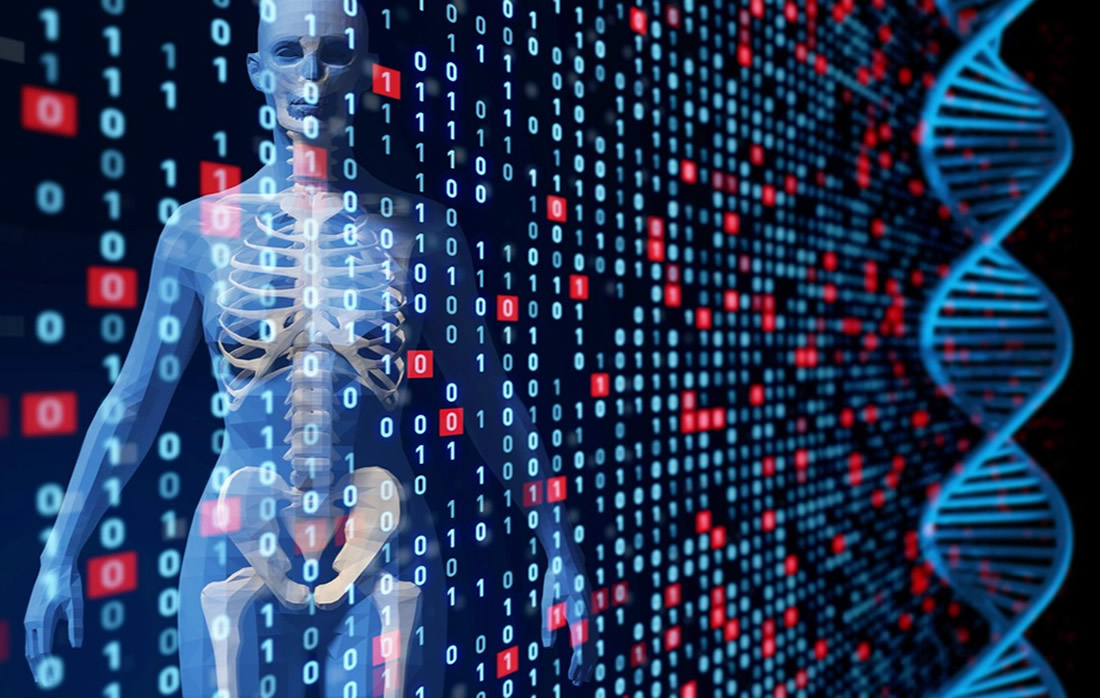Stem cells are undifferentiated cells that are present in the embryonic, fetal, and adult stages of life and give rise to differentiated cells that are the building blocks of tissue and organs. In the postnatal and adult stages of life, tissue-specific stem cells are found in differentiated organs and are key in repairing any type […]
Category Archives: Regenerative Medicine News and General Information
Exosomes are nano-sized vesicles that serve as mediators for cell to cell communication. They have unique nucleic acids, proteins and lipids that reflect their characteristics of producer cells. They can be used as cell-free therapeutics. Mesenchymal stem cell derived exosomes have gained great attention due to their immunomodulatory and regenerative functions. Many studies have shown […]
A group of researchers from Harvard University have been studying the biological mechanism by which chronic stress affects the function of the hair follicle stem cells, confirming the long standing observation that stress might lead to hair loss. They did a mouse model study in which they induced stress with the stress hormone corticosterone which […]
The human endometrium is a very dynamic tissue undergoing an extraordinary growth during pregnancy and, in a cyclic manner, during the reproductive life of each woman. They have what is called endometrial stem cells (ESC) that are undifferentiated, auto-renewable cells able to generate daughter cells that could potentially be used as a source of stem […]
Silicone breast implants have been in use since the 1960s, and the earliest versions had smooth surfaces. However, with these implants, patients often experienced a complication called capsular contracture, in which scar tissue forms around the implant and squeezes it, creating pain or discomfort as well as visible deformation of the implant. These implants could also flip after implantation, requiring them to be surgically adjusted or removed.
In this study, women receiving silicone implants were at increased risk of several rare harms compared to the general population. The elevated risks included three conditions classified as autoimmune or rheumatologic disorders: Sjogren’s syndrome, with a risk about eight times higher than in the general population; scleroderma, a seven-fold increase in risk; and rheumatoid arthritis, […]
In the body, MSCs play an important role in maintaining stem or progenitor cell niches and homeostasis. They arise from perivascular cells called pericytes that reside on the surface of every blood vessel and act as a filter between blood vessels and tissues. If a blood vessel in any tissue becomes damaged, pericytes fall off the vessels and differentiate into MSCs that then orchestrate the formation of new vessels and tissues by recruiting and activating adult stem cells or progenitor cells that are already present in the tissue.
One of the many effects of aging is loss of muscle mass, which contributes to disability in older people. To counter this loss, scientists at the Salk Institute are studying ways to accelerate the regeneration of muscle tissue, using a combination of molecular compounds that are commonly used in stem-cell research.
Arthritis is a condition that results in pain and inflammation in joints. There are two main types: Osteoarthritis (OA) and rheumatoid arthritis (RA).
It is not an uncommon condition, OA is a leading cause of disability in older adults affecting about 7% of the global population, that is about 500 million people. RA is less common but still affects an estimated 0.3–1% of the world’s population.
There are a lot of myths about arthritis like “only older adults get arthritis” or “ if your joints hurt its arthritis” are some of the most common, this article tackles some misconceptions that surround arthritis:
Regenerative medicine has the potential to heal or replace tissues and organs damaged by age, disease, or trauma, normalize congenital defects and the unique ability to alter the fundamental mechanisms of disease, and thereby offer treatment options to patients where there is significant unmet medical need.

